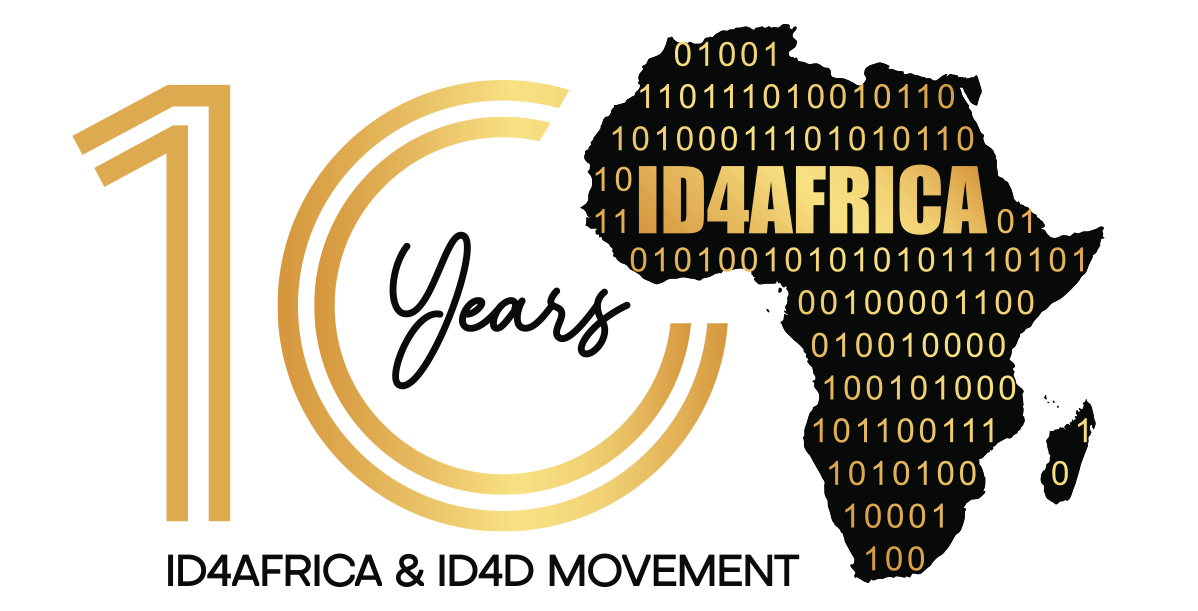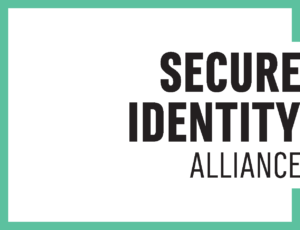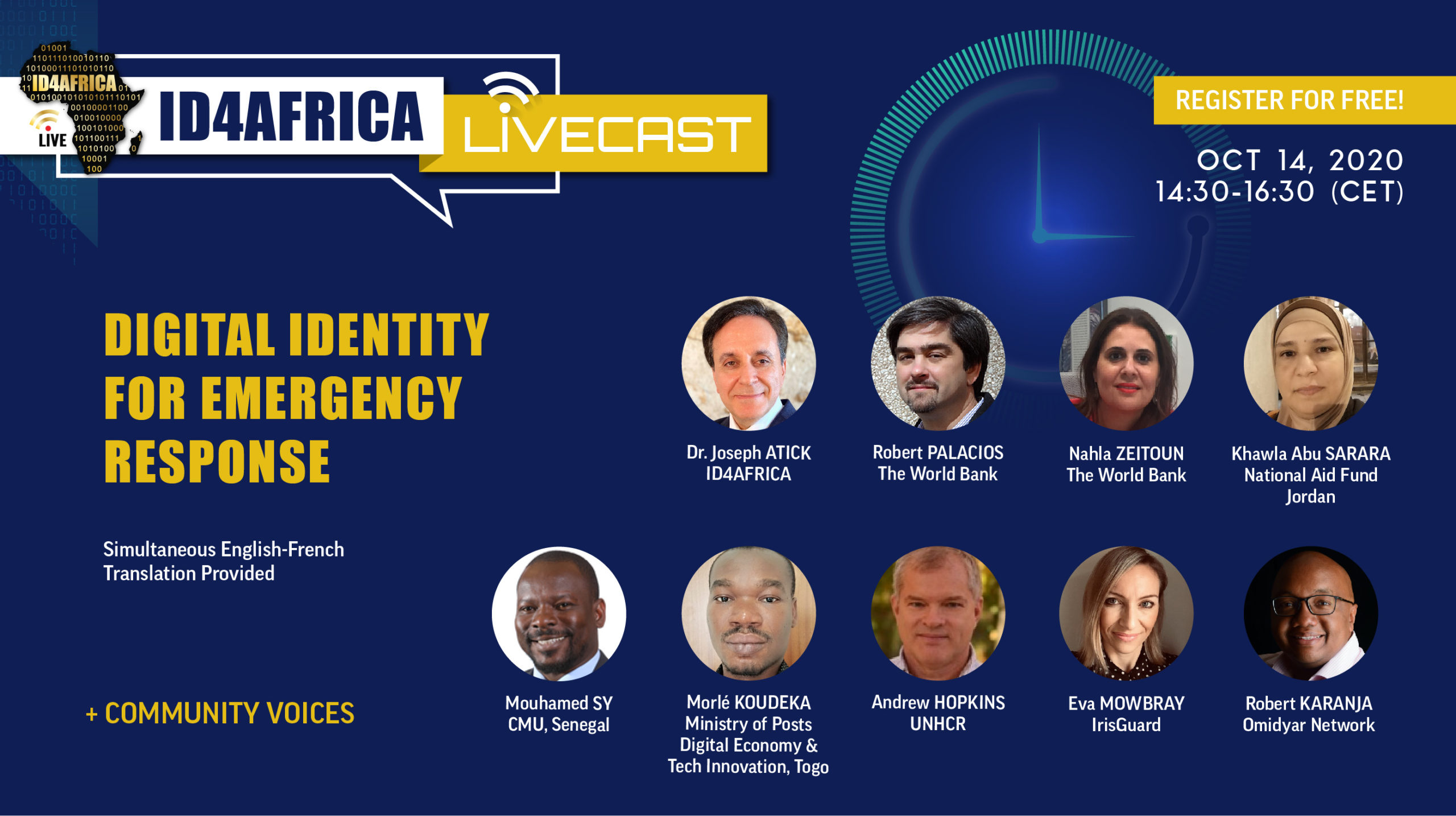
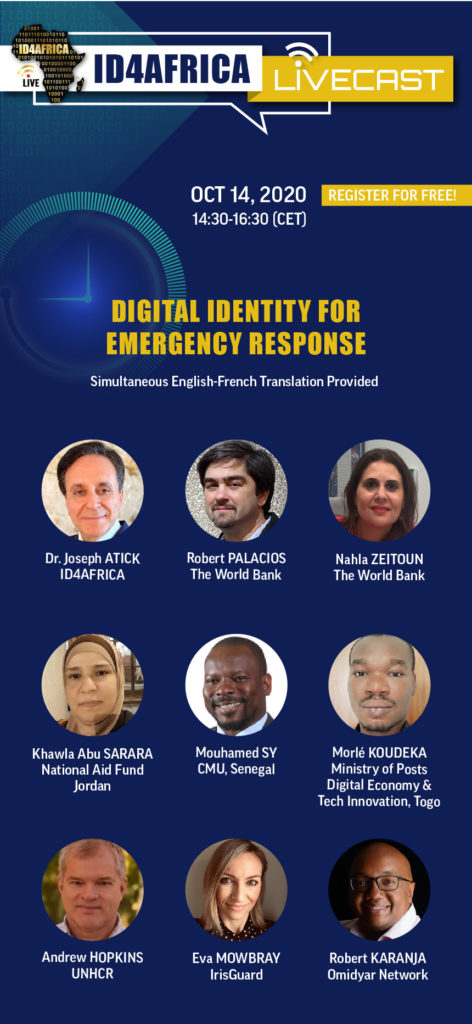
Don't Miss the Digital Identity for Emergency Response LiveCast!
The COVID-19 pandemic has highlighted the importance of having efficient mechanisms for social assistance delivery to vulnerable groups in the aftermath of emergencies or economic shocks. While the world has in the past repeatedly experienced major crisis that require humanitarian interventions, nowhere in our recent memory has there been an event with as broad and as deep of an impact as COVID-19. The pandemic has exposed inadequacies in governments’ ability to respond to the urgent needs—financial, public health, etc—of their populations and have uncovered a digital divide between those who have and those who do not have access to the digital world.
Identity systems in the pandemic
In the immediate aftermath of the pandemic, countries that had functioning identity systems (especially social registries) with high coverage of the population—such as India, Chile, Thailand, and South Africa fared better than those that had no infrastructure. Those registries were used as the bases for affecting cash transfers within the context of social programs (identity that empowers).
Robust digital identity registries can be used not only for efficiency (lower cost of service) but also to ensure fairness of the distribution and that no one, who is genuinely in need, is left behind. Knowing the population (KYP: Know-Your-Population) is the first step in assessing and delivering needed aid to it.
For countries that do not have adequate identity infrastructure today, the objective should be to develop functional or foundational identity systems as quickly as possible, and to link assistance and service delivery programs to such registries. This could mean the development of temporary identity programs or fast population enrollment campaigns that allow the onboarding of large segments of the population, without having to go through the traditional and lengthy pathways for enrolling people into national identity programs.
The Digital Identity for Emergency Response LiveCast
ID4Africa is organizing this LiveCast episode to examine the role digital identity plays in emergency response. Discussions will examine the experiences of countries that have managed to quickly develop such systems or those that have linked their emergency response programs to already existing digital identity schemes. The discussion will be focused within the context of social safety nets, labor programs, public health and health services, refugees, pandemic responses, and natural disasters. The objective is to derive lessons learned that could be helpful to countries seeking to quickly launch social programs linked to digital identity.
The Moderator

Joseph Atick
Executive Chairman
ID4Africa
Dr. Joseph Atick is a recognized world renowned advocate and expert on identity matters. Having been one of the founders of the identity industry nearly 30 years ago, he led several companies in that domain and developed some of the foundational algorithms underlying secure digital identity today, including the first commercially viable face recognition algorithm.
Dr. Atick retired from the industry in 2010 to focus on promoting identity for social and economic development around the world. In that mission he partnered with the World Bank and other UN agencies, and was heavily involved in the development and field testing of the methodology and analytic tools that would guide the subsequent activities in that space, and would lead to the launch of the ID4D initiative at the World Bank.
In 2014, he co-founded ID4Africa as a pan-African Movement to promote responsible digital transformations through digital identity in Africa. He is a staunch defender of privacy, data protection and human rights and continues to provide counsel to governments and international organization on the use of identity for public good. Dr. Atick holds a Ph.D. in Mathematical Physics from Stanford University.
Keynote Speaker

Robert Palacios
Global Lead, Social Protection
The World Bank
Robert Palacios oversees Pensions and Social Insurance in the Social Protection and Labor Practice of the World Bank. Previously he served as a member of the research department team that produced the World Bank’s influential volume on international pension systems.
His current areas of special interest include integration of policies across social sectors and use of technology to deliver and track social programs.
Robert represents the SPL Global Practice on the ID4D Working Group.
The Panelists
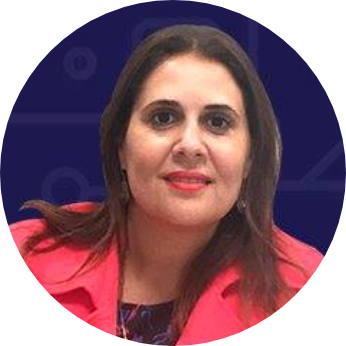
Nahla Zeitoun
Senior Social Protection Specialist
The World Bank, Egypt
Read Bio
Nahla Zeitoun is the Senior Social Protection (SP) Specialist at the World Bank Cairo Office since January 2016. Her duties include strategic leadership of the SP team, facilitating inter-governmental policy dialogue and designing projects/programs in the areas of SP and Jobs.
Ms. Zeitoun is the Task Team Leader for the largest cash transfer operation in MENA Takaful and Karama Program, implemented in cooperation with the Ministry of Social Solidarity (MOSS), and previously Task Team Member for two labor intensive public works operations with the Social Fund for Development. Her responsibilities also include building consensus amongst government and other key multi-stakeholders through evidence-based policies in the areas of social safety nets reforms, building information systems including social registries and unified national registry, subsidy reform, early childhood development, human capital and economic inclusion.
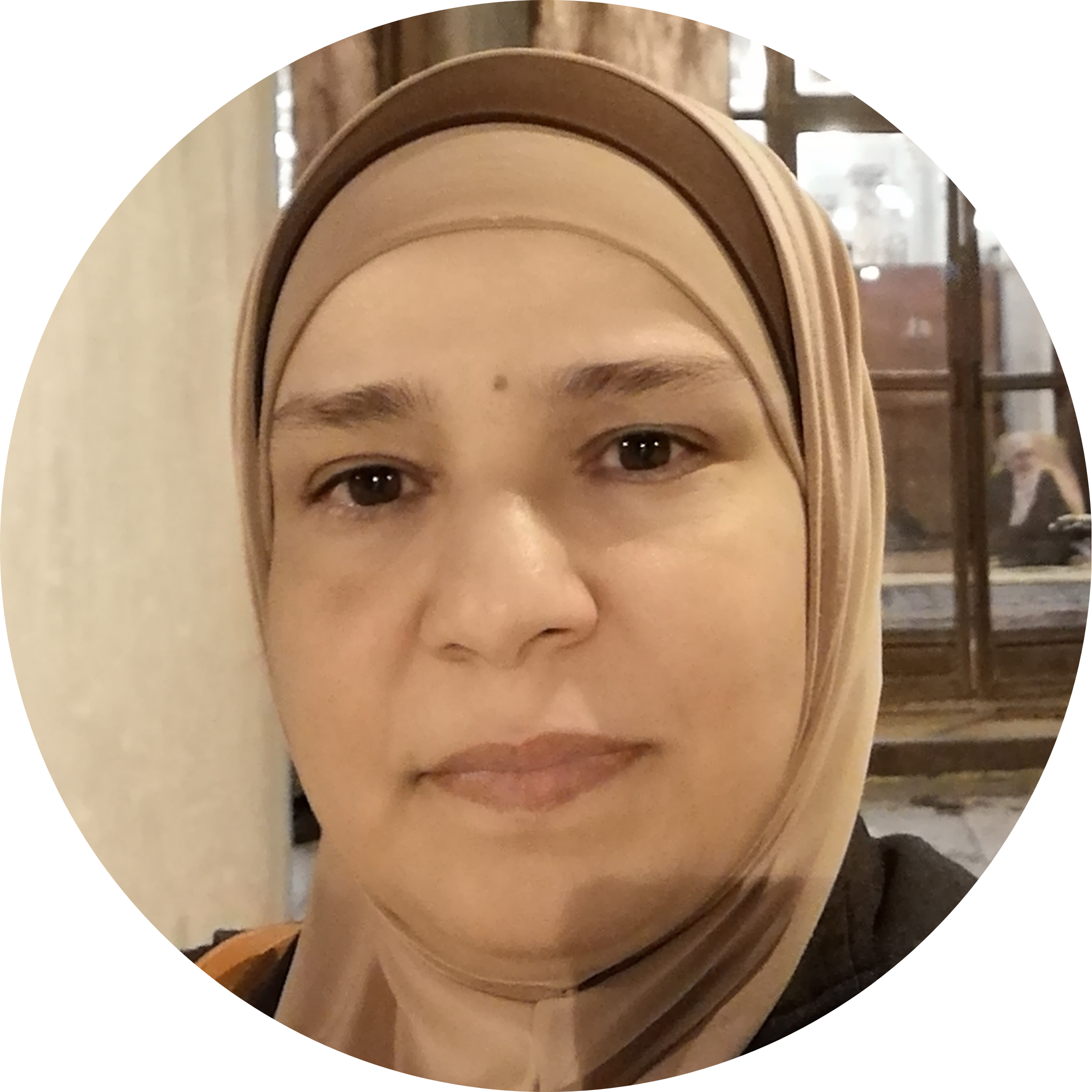
Khawla Abu Sarara
Director of StudiesNational Aid Fund, Jordan
Read Bio
Khawla Abu Sarara is Director of Studies at the National Aid Fund (NAF) in Jordan since 2017. Here she leads the project of switching to electronic payment mechanisms that can deliver cash assistance to beneficiaries of NAF’s programs and services. Prior to this role, she was also the Head of Programming and Analysis. She has a degree in Computer Science from the University of Jordan.
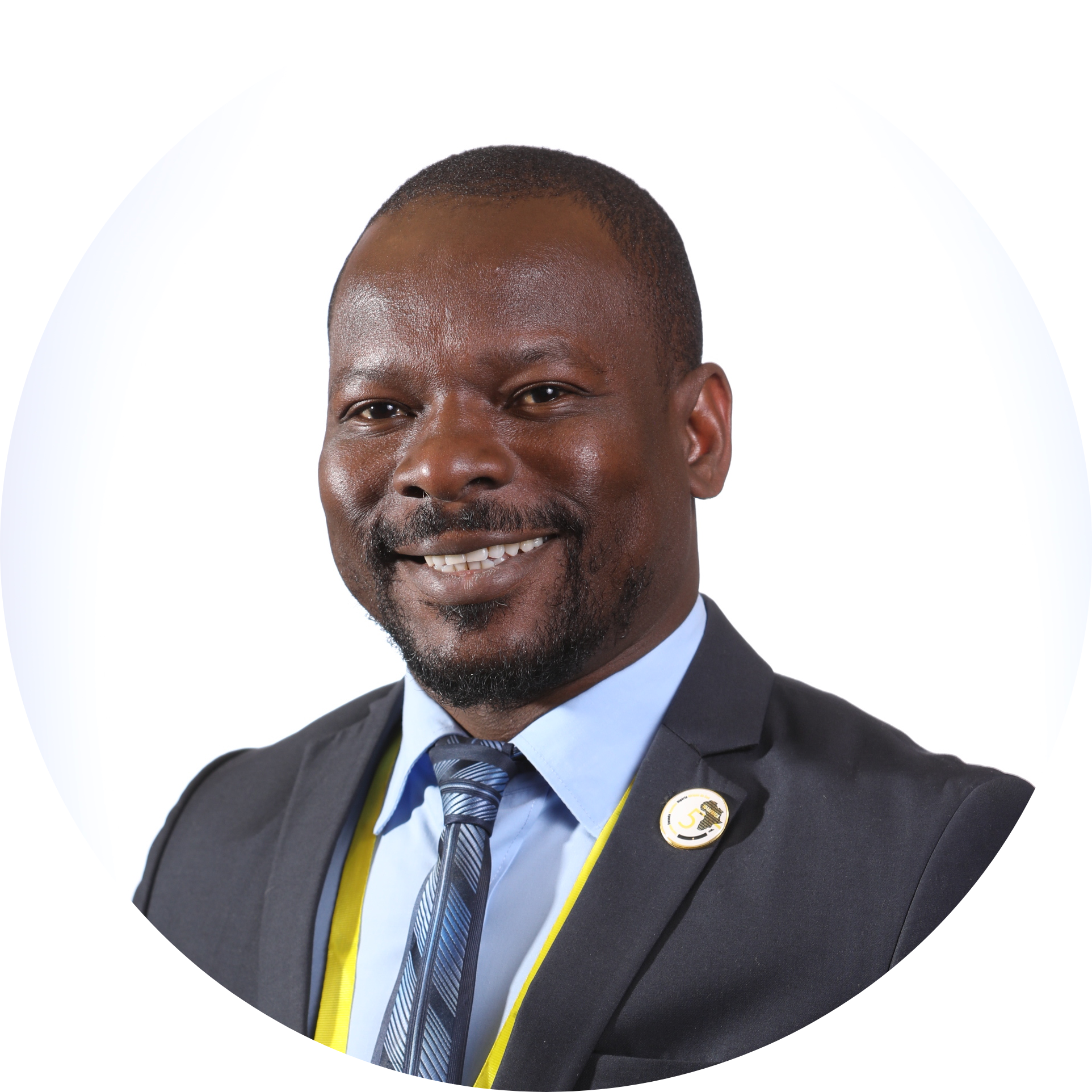
Mouhamed SY
Director, Information Systems
Agency for Universal Health Coverage, Senegal

Morlé Koudeka
Chief Technology Officer Ministry of Posts, Digital Economy and Technological Innovation, Togo

Eva Mowbray
Marketing Director
IrisGuard
Read Bio
Eva Mowbray is a highly recognised and incredibly motivated marketing professional who has gained comprehensive experience in both B2C and B2B sectors. Eva has lead marketing and sales teams in a variety of industries, managing a multi-agency set ups with focus on creative, media and PR strategies whilst developing and delivering sales and marketing plans.
Eva has joined IrisGuard UK with key objectives, to grow brand awareness and generate new business opportunities. Eva’s specific responsibilities include developing new verticals in new geographical regions within the Humanitarian Aid sector, where IrisGuard are instrumental in empowering global economic inclusion.

Robert Karanja
Director Responsible Technology, Omidyar Network
Read Bio
As a director on the Responsible Technology team, Robert leads the team’s work in Africa with a special focus on the evolution of digital identification, including privacy, user value and control, and security.
Prior to joining Omidyar Network, Robert led Safaricom PLC’s responsible business leadership function. In this role, he pioneered the firm’s engagement with global business leaders and built the B Team Africa cohort that focuses on building a more equitable Africa. Previously, Robert led the Africa Growth and Opportunity Act program at USAID East Africa, and curated Southern Africa’s first craft export market development program. He has been a Kiva fellow and a member of the World Economic Forum’s Global Future Council on the Humanitarian System. Robert is currently the chair of B Lab East Africa and a member of the Select Africa board.

Andrew Hopkins
Chief
Identity Management and Registration Section, UNHCR
Read Bio
Andrew Hopkins has over 30 years’ experience in managing refugee programs globally. He has operated in a wide range of harsh and challenging environments that most governments or law enforcement agencies would not normally encounter. He has led global registration and identity management efforts which ensure refugee identities are anchored and maintained within a system of inclusivity. He has also deployed registration documentation and biometrics systems in field operations as part of the agency’s global population management efforts, and has designed and managed large-scale group resettlement projects globally.
